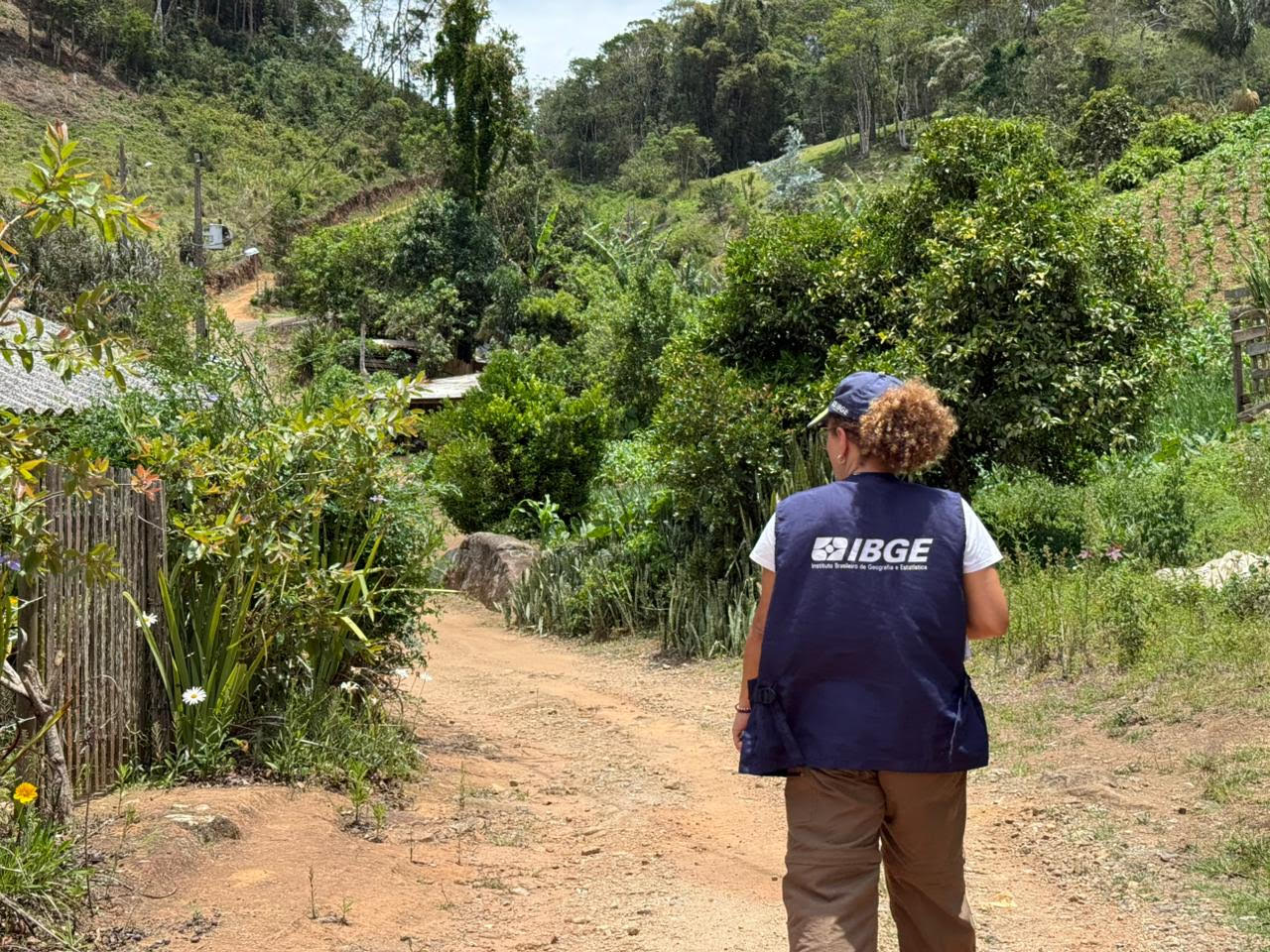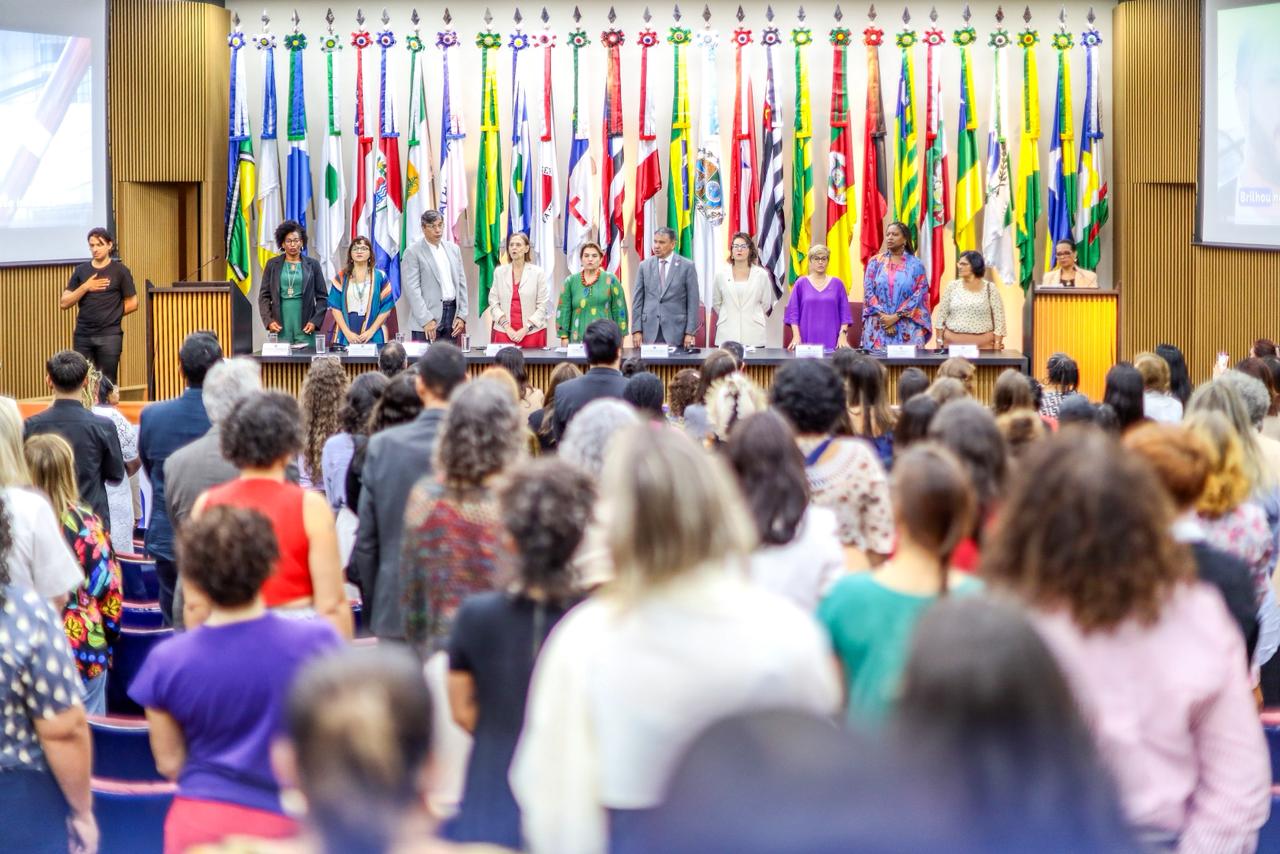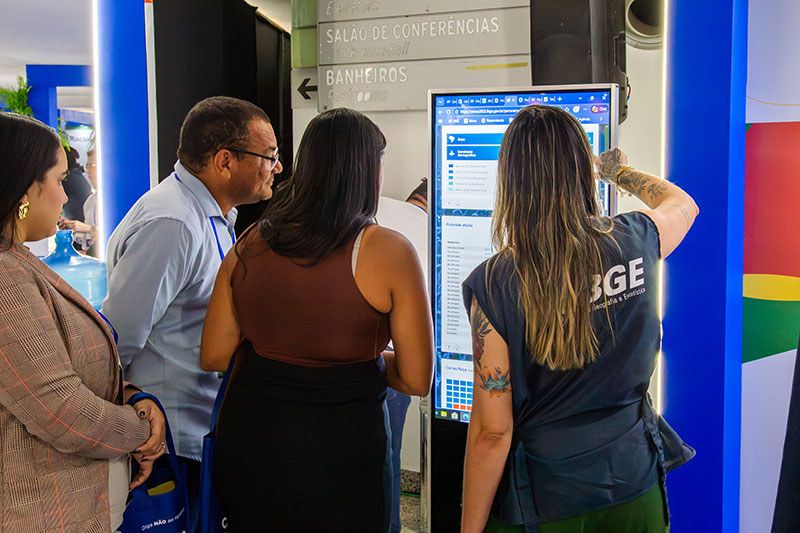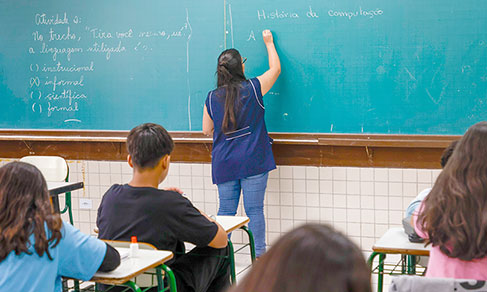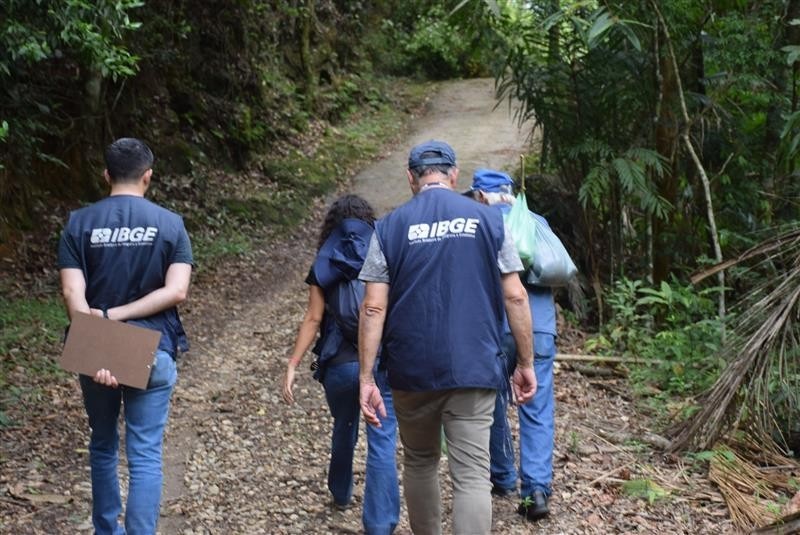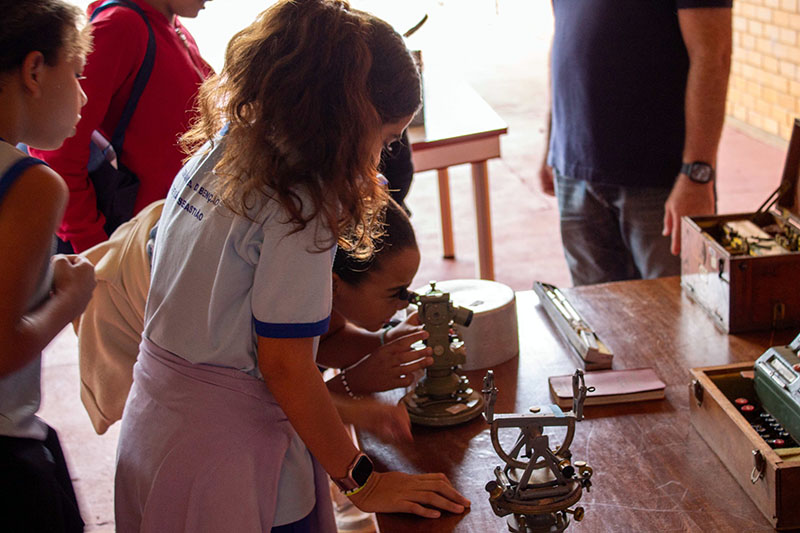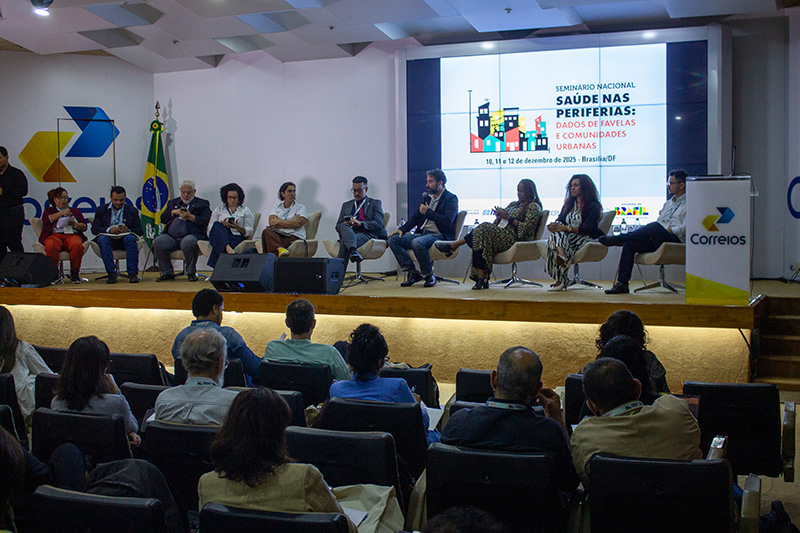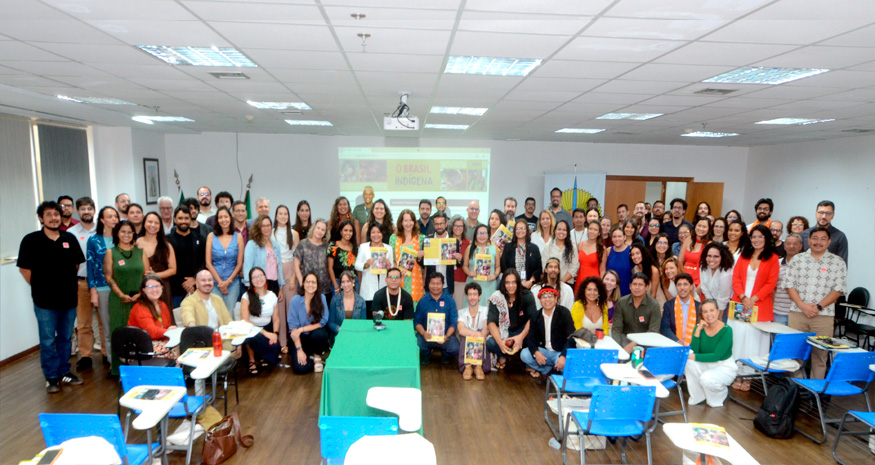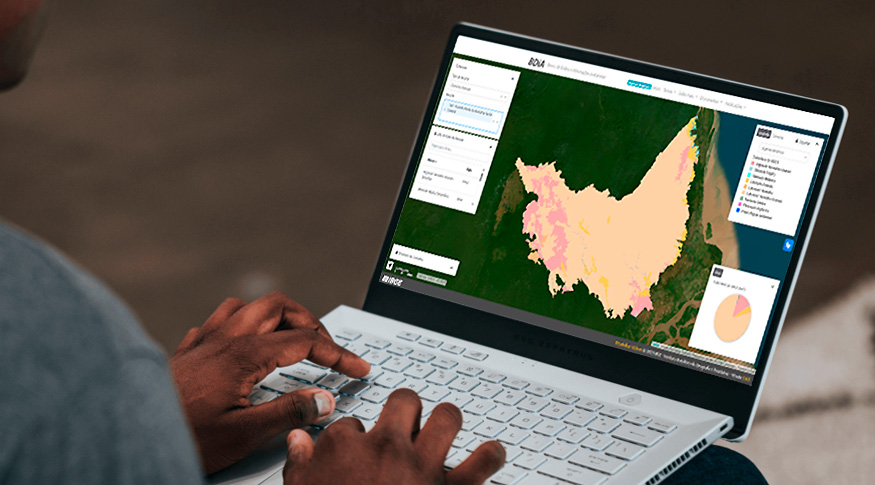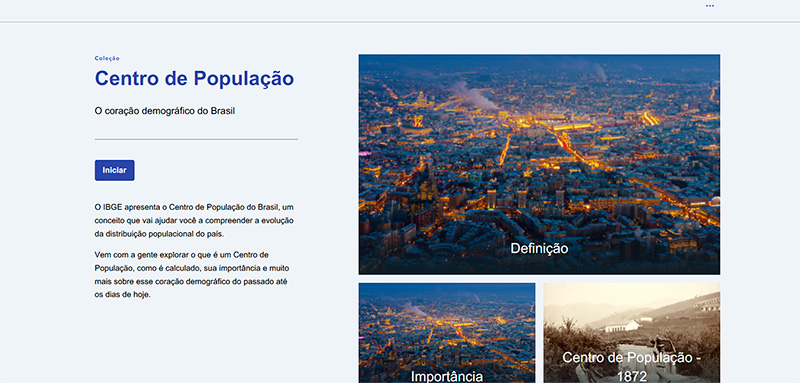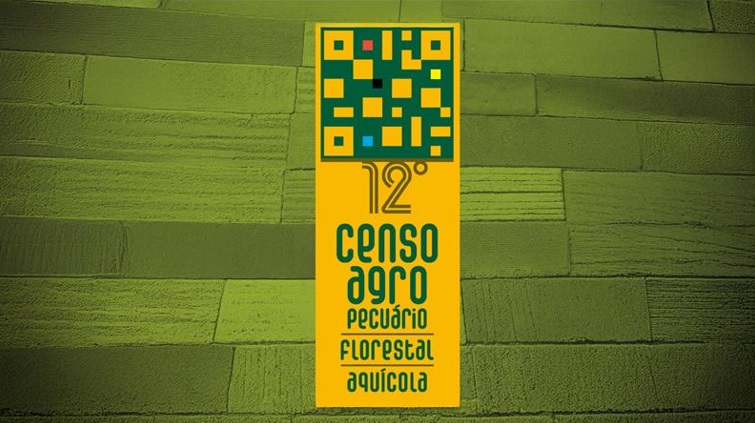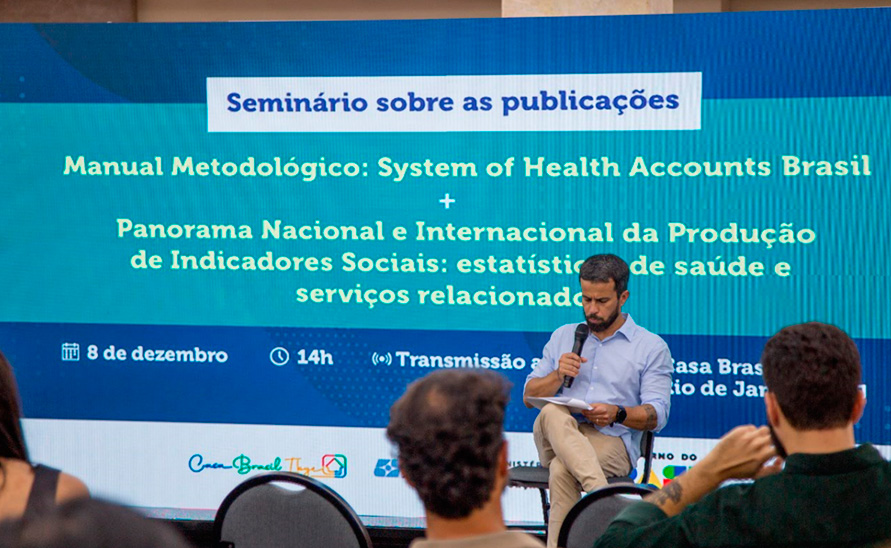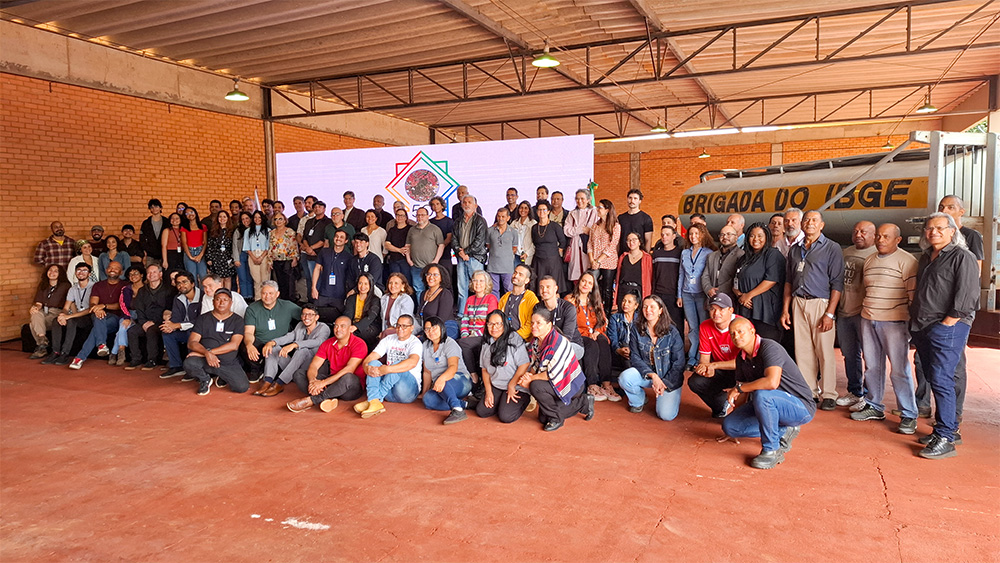Pesquisa
IBGE data contributes to postal recognition of Favelas and Poor Urban Communities in Brazil
October 14, 2025 03h52 PM | Last Updated: October 15, 2025 02h10 PM
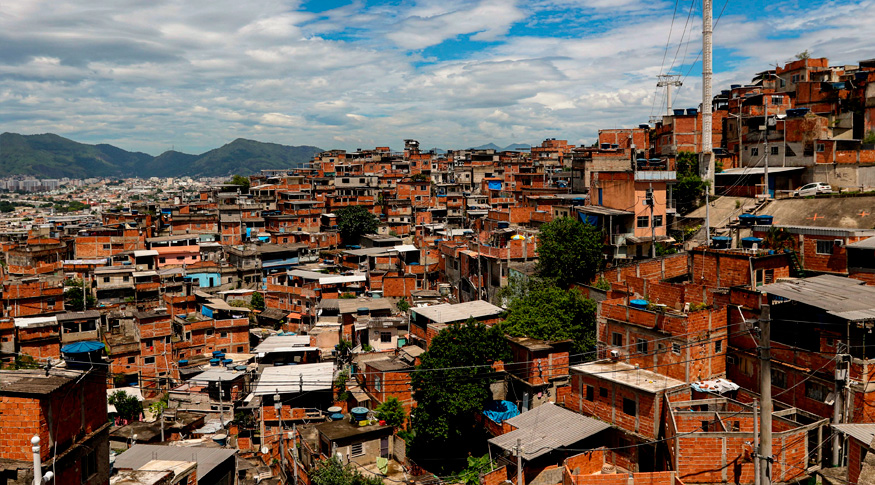
The Brazilian Institute of Geography and Statistics (IBGE) has played a central role in the achievement announced by the Federal Government on Wednesday (8): all the favelas and poor urban communities in Brazil from now on will have at least one officially recognized zip code (CEP) granted by the Brazilian Postal Service (Correios). This initiative marks the achievement of the first goal of the CEP para Todos program (A zip code for all), which has as its base the favelas and urban communities identified by the IBGE in the 2022 Population Census.
Thanks to detailed mapping conducted by the IBGE, it was possible to identify 12,348 territories in 656 municipalities, with approximately 16.39 million people —which is equivalent to 8.1% of the Brazilian population, being 72.9% of Black or brown ones. The target, initially set for December 2026, was met more than a year ahead of schedule, highlighting the relevance of census data for the formulation and implementation of public policies.
The announcement was made during the seminar “From Housing to Territory: recognizing Brazilian peripheries”, held in Brasília.
"This is a milestone for social and territorial inclusion, and IBGE is proud to have contributed to this achievement. This initiative shows how the data produced by IBGE goes beyond statistics, being instruments of citizenship. By ensuring that millions of Brazilians now have a recognized address, we are granting access to rights, services, and dignity," said the president of the Institute, Marcio Pochmann.
In addition to the first phase now completed, the program plans two additional ones by 2026. The second phase, currently underway, is to create CEPs (ZIP codes) by street—streets, alleys, and back alleys—in 59 territories of the Periferia Viva program, which has more than 300 favelas and urban communities mapped by the IBGE (Brazilian Institute of Geography and Statistics). So far, 765 new CEPs have been created, with 279 located in the Maré favela in Rio de Janeiro alone, benefiting approximately 19,000 people.
The Deputy Director of the Directorate of Geosciences (DGC), Gustavo de Carvalho Cayres, shared the experience.
"It's very significant to see the work produced by the IBGE working as a basis for the planning and implementation of relevant public policies. This was possible both due to the relevance of the work of IBGE teams and the important movement toward closer ties and cooperative development with partners. In this specific case, with the National Secretariat of Peripheral Areas of the Ministry of Cities and with the Brazilian Postal Service—partnerships we wish to strengthen.
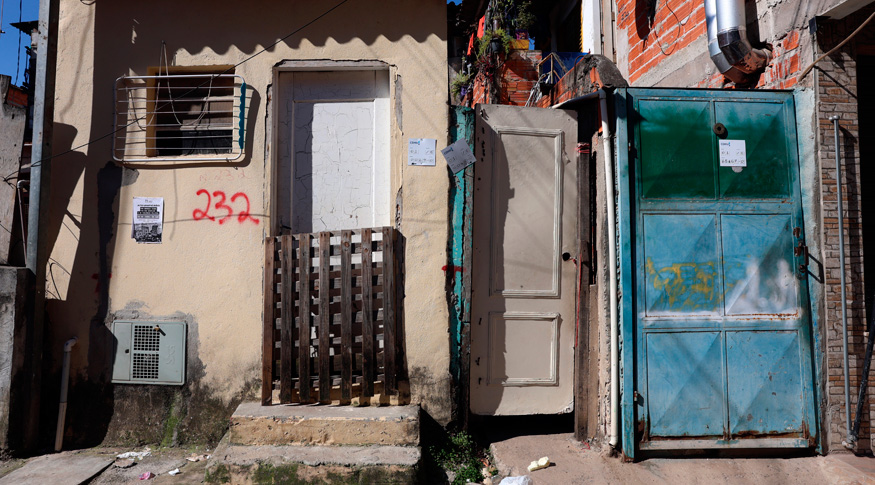 With support from the IBGE, having a CEP is a milestone for social inclusion in favelas and poor urban communities - Photo: Rovena Rosa/Agência
With support from the IBGE, having a CEP is a milestone for social inclusion in favelas and poor urban communities - Photo: Rovena Rosa/Agência
Eduardo Baptista, manager of the National Address List for Statistical Purposes (CNEFE), General Coordinator of Census Operations (CGOC), explained the project in detail: "The correct identification and location of these households is a prerequisite for fulfilling our institutional mission with regard to the collection of household data. Registering these units with the CNEFE is essential for the surveys to be conducted as planned. The creation of CEPs, in addition to the formalization of streets and addresses, will contribute significantly to this end, since formalizing addresses is also a matter of exercising citizenship, as it facilitates people living in these areas' access to a range of public and private services, for which formalized addresses are absolutely essential."
Before the implementation of this program, the IBGE estimated that approximately 850,000 people were living in areas with vulnerable addresses, lacking street names, numbering, or formal identification, hindering access to basic rights such as healthcare, education, security, and postal services.
For Letícia Gianella, IBGE's Favelas and Poor Urban Communities Manager, it is rewarding to see that the Favelas and Poor Urban Communities database produced by the Institute has become a benchmark for developing a public policy of such scope and importance.
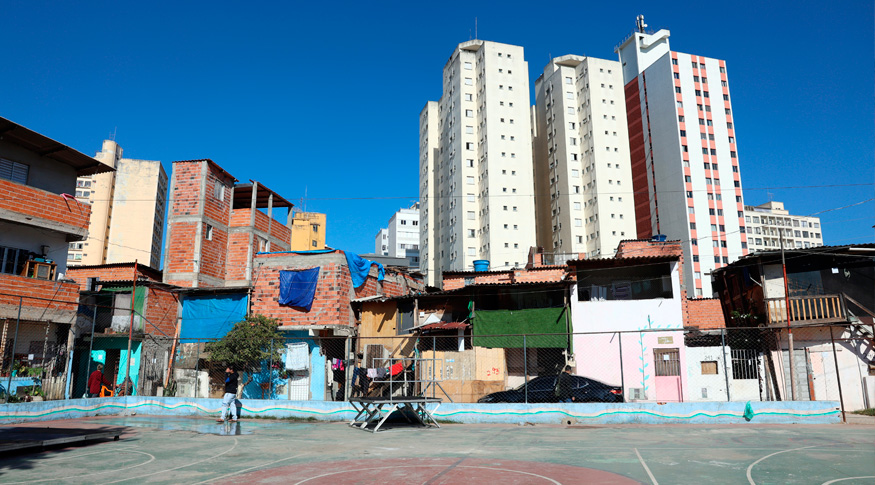
"We are happy to begin reaping the fruits of the seeds planted with a lot of dedication over the past few years. IBGE has been collaborating with the "CEP para Todos program" since at least 2024, when we organized, together with the National Secretariat of Peripheral Areas and the Brazilian Postal Service, the National Meeting on Addressing in Peripheral Areas. IBGE also participated in the development of the Practical Guide to Addressing in Peripheral Areas and has been in constant dialogue with experts from the Ministry of Cities."
The guide is available from: https://www.gov.br/cidades/pt-br/assuntos/periferias/GuiaPrticodeEndereamentoemPeriferiasCEPparaTodos.pdf
The third stage involves the installation of post offices and agencies in 100 favelas across the country, expanding access to essential services.



